Roulette, often referred to as the “Queen of the Casino,” is a game shrouded in mystery, glamour, and excitement. This article delves into a plethora of fascinating facts about roulette, spanning its history, notable winners, global presence, and various intriguing aspects that make it a beloved game worldwide.
Historical and Cultural Facts
Origins: Roulette’s origins can be traced back to 17th-century France, where it was invented by mathematician Blaise Pascal.
Name Meaning: The term “roulette” means “little wheel” in French.
Monaco’s Savior: In the late 19th century, the Monte Carlo Casino used roulette to save the Grimaldi family from financial ruin.
American vs European Roulette: There are two main types of roulette – American, with a double zero (00), and European, with a single zero (0).
Colorful Wheels: Originally, roulette wheels were red and black for the numbers and green for the zeros.
Roulette in Literature: The game features in numerous literary works, including Dostoevsky’s novel “The Gambler.”
Icon in Pop Culture: Roulette has been a staple in movies and television, symbolizing high-stakes and glamour.
Historic Wheels: Early American roulette wheels featured numbers 1 to 28, a single and double zero, and an American Eagle.
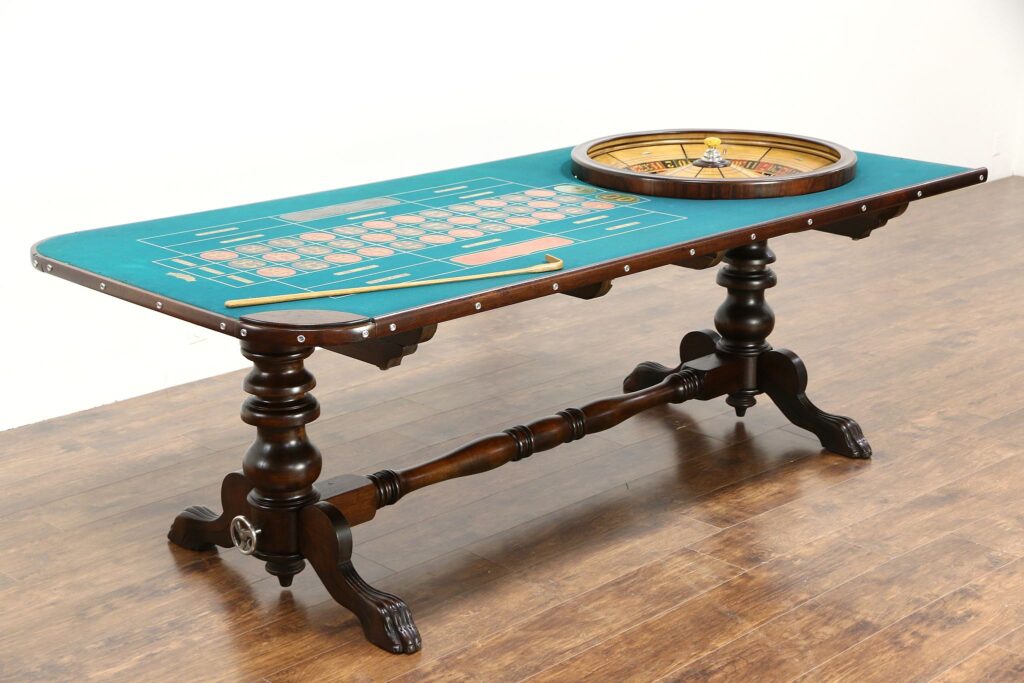
(Roulette Wheel & Paw Foot Table, Signed Ball Bros. Chicago, 1920s Antique)
Legalization in France: Roulette was not legalized in France until 1933.
Changing Numbers: The sequence of numbers on the wheel is designed to confuse players, with no sequence or pattern.
Notable Winners and Bets
Ashley Revell: In 2004, Ashley Revell sold all his possessions, bet his entire net worth on red, and won.
Joseph Jagger: Known as “the man who broke the bank at Monte Carlo,” he won by finding and exploiting wheel biases in the 19th century.
Charles Wells: Another player who “broke the bank” in Monte Carlo, winning a fortune in 1891
Mike Ashley: The billionaire owner of Newcastle United won approximately £1.3 million in 2008, betting on the number 17.
Chris Boyd: An American gambler who won $220,000 in 1994 after betting his $220,000 life savings on red.
Roulette Around the World
Global Presence: It’s estimated that there are over 100,000 roulette tables worldwide.
Prohibited in Some Countries: Countries like Brazil, India (some states), and several Middle Eastern countries prohibit roulette.
Online Availability: Roulette is available on countless online platforms, increasing its global reach.
Variants Worldwide: Different countries have their own versions, such as Russian roulette (which is not a gambling game but a deadly game of chance).
Celebrity Players: Many celebrities, including famous athletes and actors, are known to enjoy roulette.
Roulette in War Times: Soldiers in various wars have been known to play Russian roulette as a game of deadly chance.
First Online Roulette: The first online casinos in the 1990s offered roulette as one of the primary games.
Roulette in Asia: Macau, known as the “Monte Carlo of the East,” is famous for its roulette in casinos.
Roulette in Film: Iconic scenes in films like “Casablanca” and “James Bond” feature roulette.
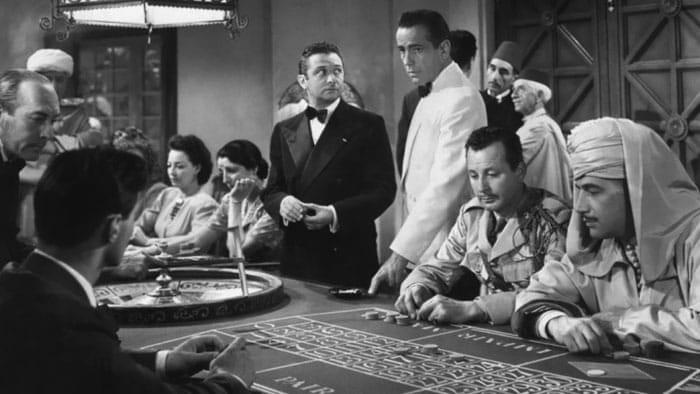
Casablanca (1942)
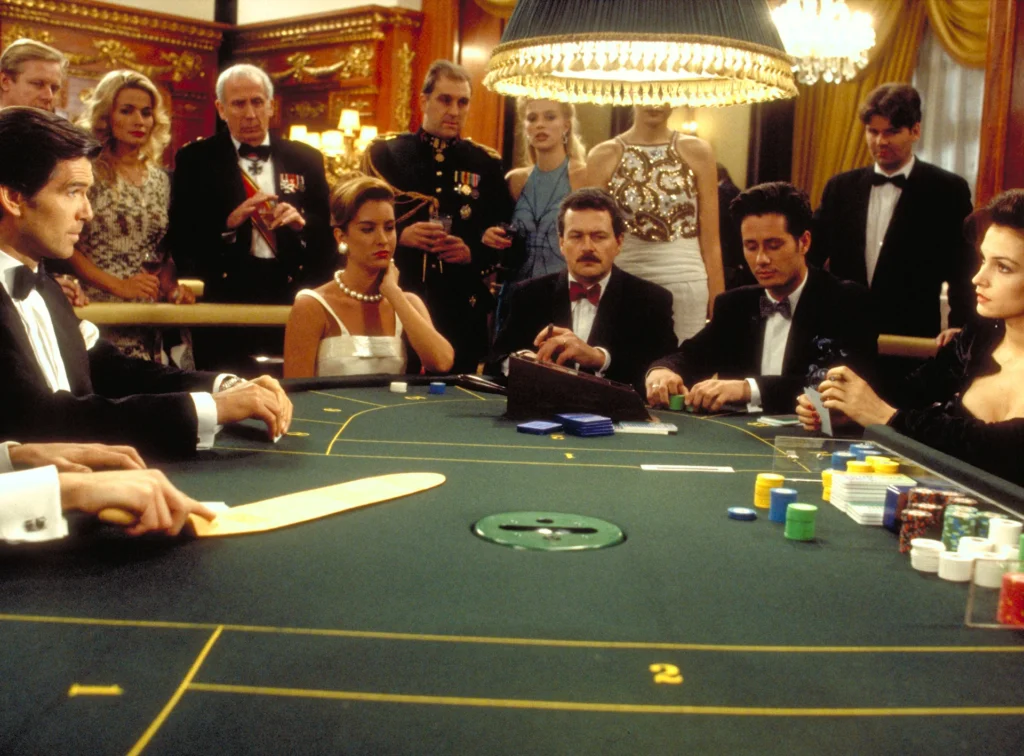
James Bond
25. Roulette in Literature: Roulette is often used in literature to symbolize fate and chance.
Roulette Mechanics and Odds
26. Roulette Mechanics and Odds: The game is designed to offer a variety of bets with different odds, appealing to both risk-takers and cautious players.
27. Roulette Wheel Design: The layout and design of the wheel have remained largely consistent over the years, contributing to the timeless appeal of the game.
28. Roulette Table Variations: The layout of the betting table varies between American and European styles, influencing betting strategies.
29. Celebrity Roulette Players: High-profile celebrities and historical figures, including royalty, have been known to indulge in the game.
30. Roulette in Popular Culture: References to roulette are found in songs, paintings, and even in expressions like “Russian roulette,” highlighting its cultural impact.
31. Roulette’s Influence on Gaming Industry: The game has influenced the development of other popular casino games and betting systems.
32. Roulette’s Role in Casino Revenue: It is a significant contributor to casino revenues worldwide, especially in high-end establishments.
33. Innovations in Roulette: Over the years, there have been attempts to innovate the game, including the introduction of electronic and video roulette.
34. Roulette’s Global Appeal: The game enjoys worldwide popularity, with variations found in casinos on every continent.
35. Roulette in Charity Events: Due to its popularity and ease of play, roulette is often featured in charity events and fundraisers.
36. Roulette Tournaments: Competitive roulette tournaments are held, often attracting professional gamblers and high rollers.
37. No Memory: Each spin in roulette is independent, meaning past spins do not influence future spins.
38. Roulette Variants: Besides American and European roulette, there’s also French roulette, which includes unique rules like “La Partage” and “En Prison.”
39. Randomness: Roulette is a game of pure chance, with no skill involved in the spinning of the wheel.
40. Maximum Bets: Casinos often set maximum bet limits to prevent huge losses on single spins.
41. Minimum Bets: Similarly, minimum bet requirements are set to ensure game profitability.
42. Wheel Manufacturing: Precision is key in roulette wheel manufacturing to ensure fairness and randomness.
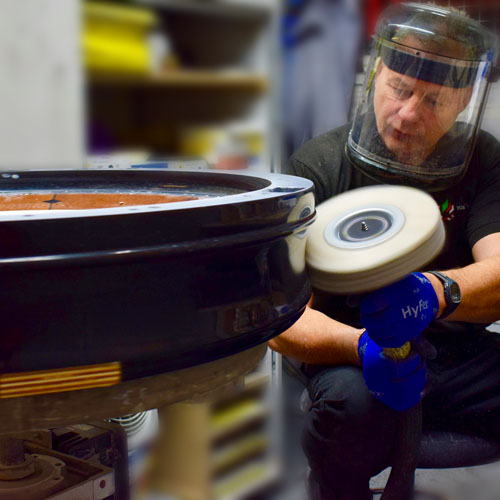
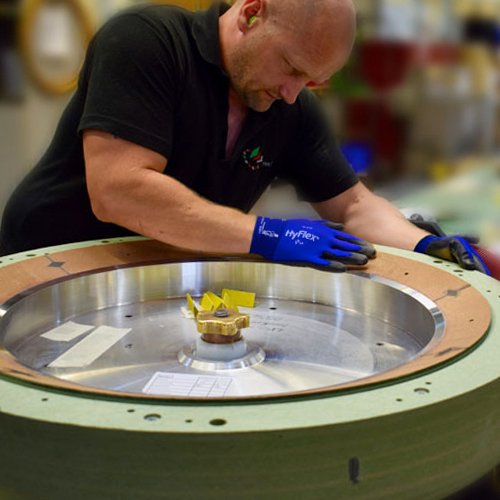
43. Roulette Balls: Earlier roulette balls were made of ivory; modern ones are typically made of acetal, Teflon, or phenolic.
44. Wheel Speed: The speed of the wheel and the ball contribute significantly to the game’s randomness.
45. RTP (Return to Player): The RTP for European roulette is approximately 97.3%, while it’s around 94.74% for American roulette.
Technology and Roulette
46. Electronic Roulette: Electronic versions use RNGs to determine the outcome, mimicking traditional roulette.
47. Roulette Software: Online roulette games use sophisticated software to replicate the physical experience of the game.
48. AI in Roulette: Artificial intelligence is sometimes used in online roulette to enhance user experience and game management.
49. Virtual Reality Roulette: VR technology is being explored to offer an immersive roulette experience.
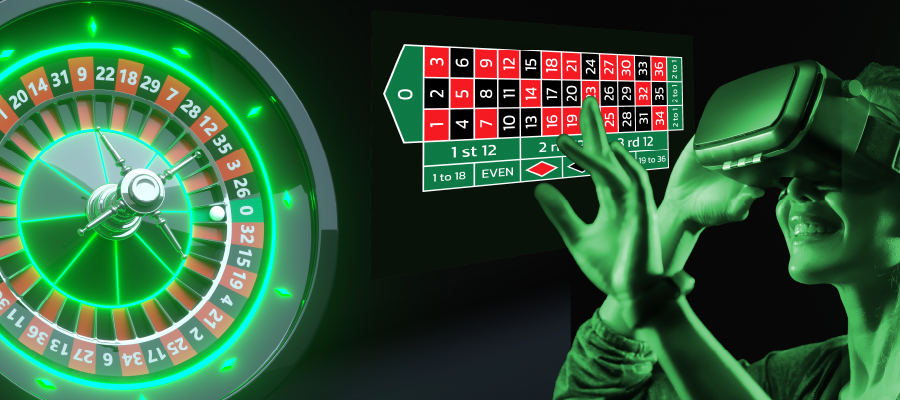
50. Biased Wheel Analysis: Advanced technology is used to analyze wheels for biases in high-end casinos.
Roulette in Literature and Film
Literary Mentions: Roulette has been mentioned in many literary works, including Dostoevsky’s “The Gambler.”
Film Representation: The tension and excitement of roulette have been captured in numerous films across various genres.
Symbolism: In literature and film, roulette often symbolizes luck, chance, and fate.
Roulette in Society and Culture
High Society: Historically, roulette was a game played by the aristocracy and high society.
Cultural Impact: Roulette has influenced various aspects of culture, including fashion, music, and art.
Social Gatherings: In the past, roulette tables were common in social gatherings and parties among the elite.
Famous Roulette Betting Systems
Martingale System: A popular system where players double their bets after a loss.
Labouchere System: A more complex system involving a series of numbers to determine bet amounts.
Paroli System: A positive betting progression system aiming to capitalize on winning streaks.
Fibonacci System: Based on the famous Fibonacci sequence, this system involves betting by adding the two previous bet amounts.
Roulette in the Digital Age
Online Roulette Popularity: With the rise of online casinos, roulette has become more accessible globally.
Mobile Roulette Apps: Many online casinos offer roulette apps for on-the-go gaming.
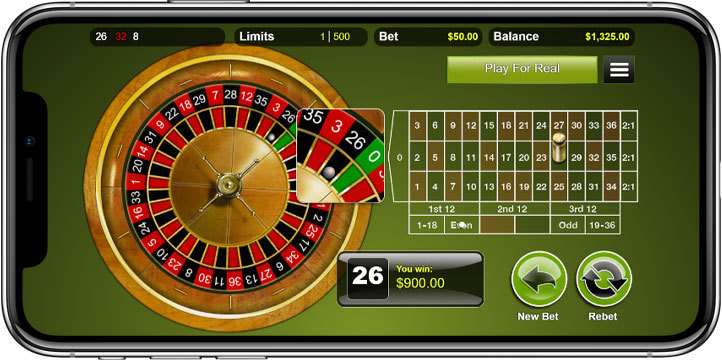
Live Online Roulette: Live dealer roulette games stream a real croupier, combining online convenience with traditional play.
Roulette Forums: Online communities where players share strategies, experiences, and discuss various aspects of the game.
Demo Games: Many online platforms offer free demo roulette games for practice and entertainment.
Miscellaneous Interesting Facts
Celebrity Roulette Fans: Many celebrities, including athletes and actors, are known to enjoy playing roulette.
Custom Roulette Wheels: Some high rollers have custom-made roulette wheels in their homes.
Roulette in Advertisements: Roulette imagery is often used in ads to convey excitement and luxury.
Colorful Chips: Roulette chips are typically colored differently than other casino chips to distinguish bets.
Famous Roulette Scenes: Iconic roulette scenes in movies often heighten the suspense and drama of the storyline.
Roulette Etiquette: There are unwritten rules about behavior at the roulette table, like not touching winning chips until payouts are complete.
Dealer’s Signature: Some players believe certain dealers have a ‘signature’ spin, though this is largely considered a myth.
Roulette in Charity Events: Roulette is a popular game in charity events and fundraisers due to its simplicity and appeal.
Wheel Clocking: Some players try to ‘clock’ the wheel to predict where the ball will land, but modern technology makes this increasingly difficult.
Roulette in Education: Roulette is sometimes used in educational settings to teach probability and statistics.
International Roulette Day: Although not officially recognized, some gambling enthusiasts celebrate International Roulette Day on November 5th.
Roulette in War Films: Roulette has been featured in war films, often symbolizing the randomness and uncertainty of conflict.
Roulette Art: The roulette wheel has inspired various art pieces, symbolizing chance and fortune.
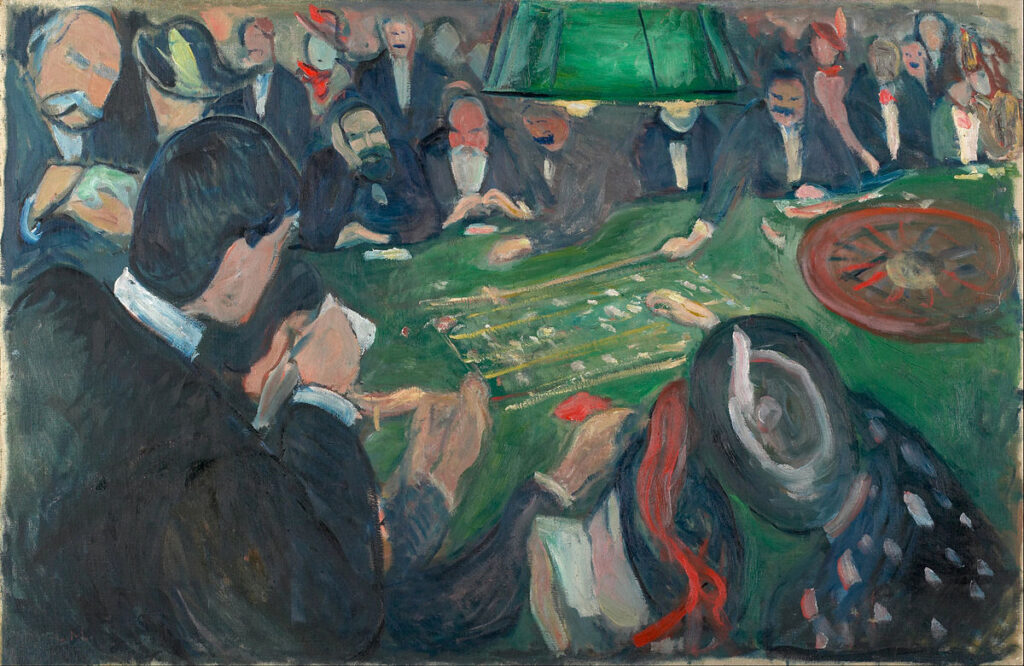
(Edvard Munch – At the Roulette Table in Monte Carlo)
Roulette Superstitions: Some players have superstitions, like betting on numbers that are significant to them.
Croupier Training: Becoming a roulette dealer requires specialized training in handling the wheel, ball, and betting process.
Expanding Roulette’s Reach
Roulette Exhibitions: There are exhibitions and trade shows dedicated to casino games like roulette, showcasing new technologies and variations.
Cruise Ship Roulette: Many cruise ships feature casinos with roulette tables, offering gaming in international waters.
Roulette in Non-Casino Settings: Some restaurants and bars have roulette tables as entertainment.
Roulette-Themed Parties: Private parties often feature roulette tables for entertainment.
Educational Roulette Apps: Apps designed to teach the basics of roulette and gambling strategies.
The Future of Roulette
Augmented Reality Roulette: AR technology might bring a more interactive and immersive experience to roulette gaming.
AI-Driven Roulette Games: Future online roulette games could use AI to customize gaming experiences.
Global Roulette Competitions: The possibility of international roulette tournaments and competitions being more mainstream.
Sustainable Gaming Practices: Eco-friendly roulette wheels and sustainable gaming practices are becoming more prevalent.
Roulette in Space: The idea of playing roulette in space stations or on other planets as a form of entertainment for astronauts.
Unusual Roulette Facts
Roulette in Music Videos: The game has been featured in various music videos, often symbolizing risk-taking.
Roulette Tattoos: Some enthusiasts have roulette-themed tattoos.
Roulette in Comedy: The game has been used in comedic contexts, often poking fun at the randomness of outcomes.
Animal Roulette: In some bizarre instances, animals have been trained to play or predict roulette outcomes.
Roulette-Inspired Fashion: High-fashion designs have been inspired by the glamour and elegance of roulette.
Roulette in Cartoons: The game has appeared in numerous cartoons, often exaggerated for comedic effect.
Zero in Roulette: The presence of zero (and double zero in American roulette) adds a unique twist to the game’s odds.
Roulette Record Attempts: There have been attempts to set world records for various roulette-related feats.
Roulette as a Teaching Tool: Teachers sometimes use roulette to explain independent probability events.
Roulette in Science Experiments: Roulette wheels are used in experiments to demonstrate randomness and probability.
Cultural Differences: The interpretation and popularity of roulette vary significantly across different cultures.
Roulette’s blend of simplicity, sophistication, and the thrill of chance continues to captivate people worldwide, making it more than just a game, but a cultural phenomenon.